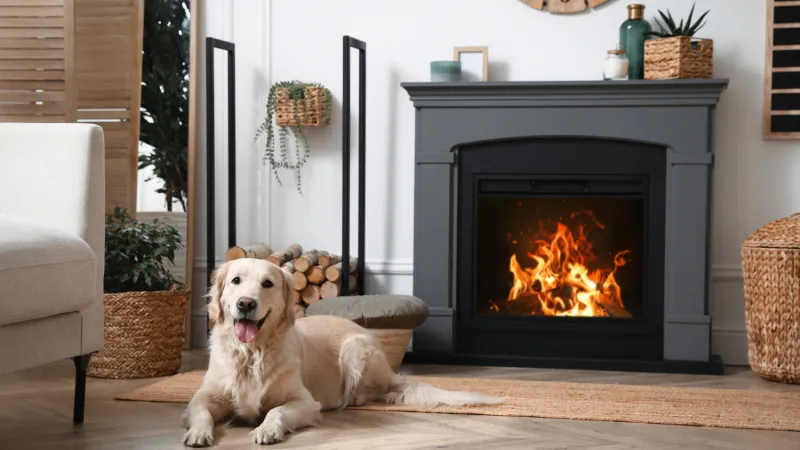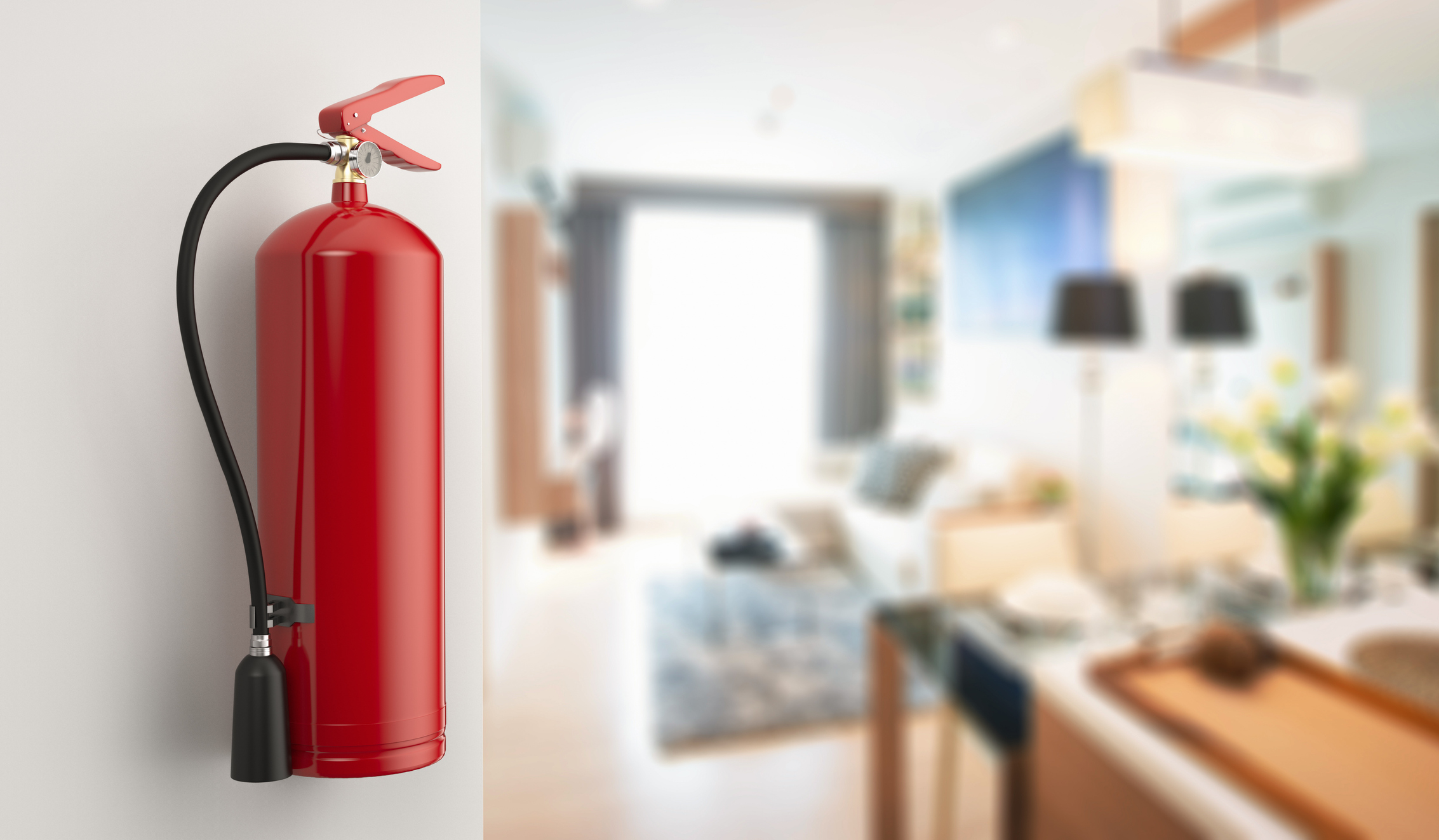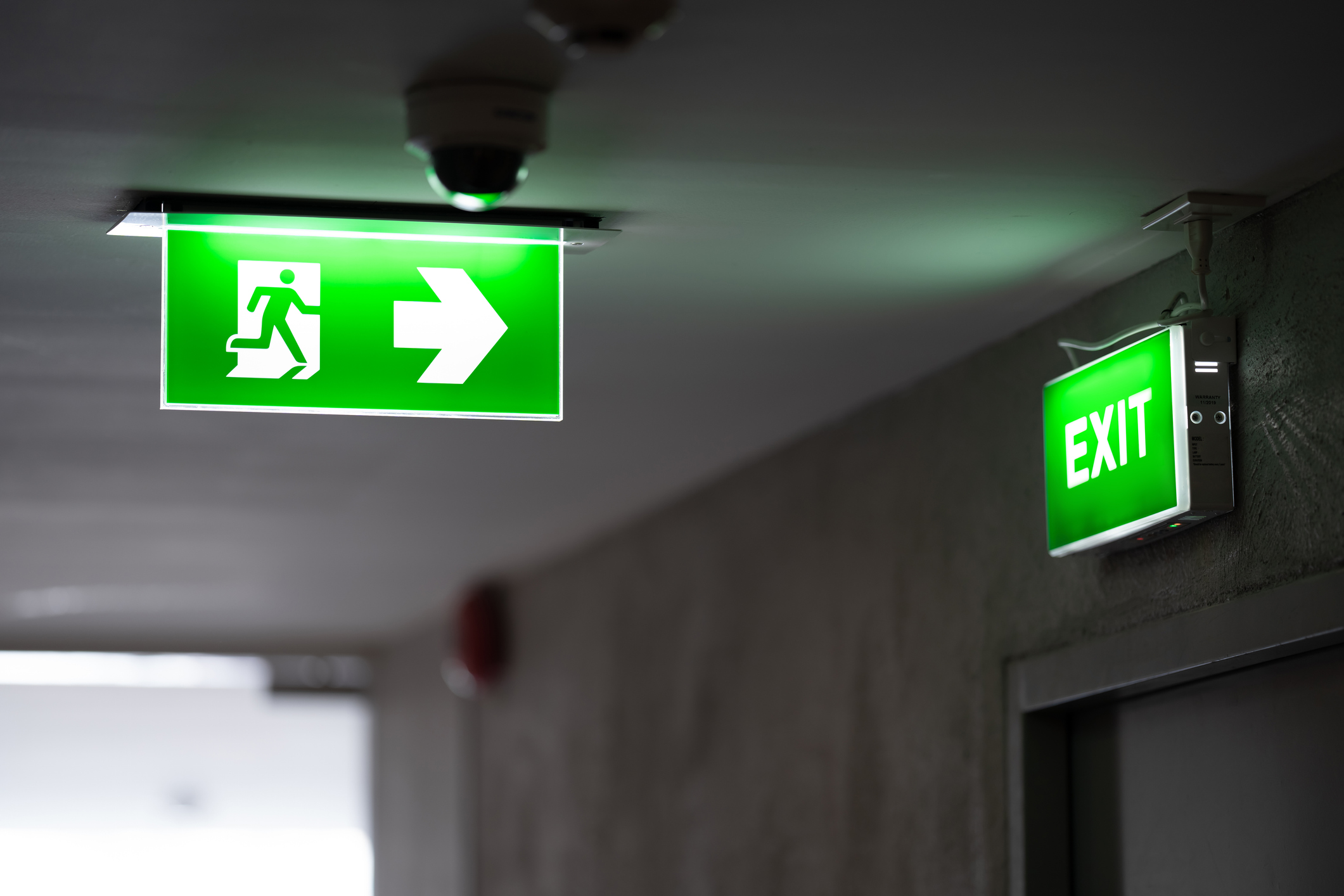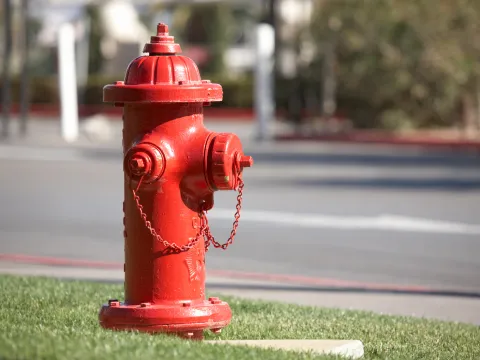
Ignite Your Safety Knowledge: A Sandbox Guide to Preventing Condo Fires
Summary
Reading Time
8 min
Condo sweet condo! The sense of community, zero yard maintenance, security features, and maybe even some fun recreational amenities are all benefits of living in a condo. With condo living, you may have to adhere to some bylaws arranged by your building management. While some of these may be out of the ordinary, these bylaws are usually put in place to protect you and the other residents in your building from theft and various damages, such as fire. Our team at Sandbox Mutual Insurance is here to stop your condo or apartment from being a potential fire hazard and prevent various losses. Take it from us; here are the ways you can lower your fire risk in your apartment or condo:
1. Follow your condo board’s regulations.
You have to wonder, “what could have possibly happened that this needed to be a rule?” And we get it; sometimes they’re strange. While the regulations can be a multitude of pages in length, it’s important to know and follow these guidelines set out by your property management team. By knowing and abiding by these rules, you are contributing to a safer environment for all.
2. Detectors: Your Watchmen.
If you live in a condo or an apartment, it’s required to have a smoke detector in your unit. We recommend equipping your space with a carbon monoxide detector as well! A carbon monoxide detector should be installed at least five feet from the floor and outside of each bedroom. See why having a carbon monoxide detector is crucial in your home in our article, The Power of Prevention: Defending Your Home Against Carbon Monoxide. A smoke detector should be placed either on the ceiling or as close to it as possible. In terms of the location of the detector, there should be one in any room you'll pass through on your way to the exterior door from a bedroom. By having smoke and carbon monoxide detectors in your condo, you’ll attain peace of mind knowing that if things go wrong, you’ll be the first to know.
3. Equip your unit with a fire extinguisher.
Oftentimes, fire extinguishers are provided to each and every unit, but sometimes they aren’t. We recommend getting ahold of one for your own use in your unit that is portable and accessible. They are most commonly found at big-box stores such as Home Depot and Canadian Tire. The best room to keep a fire extinguisher is your kitchen, in an easily accessible, dry area. The fire extinguishers located in common spaces throughout the building should only be used for emergencies in public areas. Not having to resort to an emergency fire extinguisher for your own unit is quicker when reacting to a fire, and it leaves the ones in the hallways open for other emergency uses.

4. Know your nearest emergency exits and fire alarm panels.
Every apartment and condo building has to have a stairwell, several emergency exits, and fire alarms. By knowing where they are located, you can evacuate your unit safely and be able to assist others with navigation if a fire gets out of hand. If a fire breaks out in your building, don’t use the elevator, as it’ll most likely be turned off or malfunction on the way down. By taking the stairs, you eliminate potential risks to yourself. If a fire is out of control in your suite, close your apartment door, pull the nearest fire alarm, yell “FIRE,” safely evacuate, and once you are in a safe location, call “9-1-1” to alert authorities and emergency services. For more information about your fire escape plan, there is usually signage posted by the elevators or get in touch with your building management team.
5. Barbecue and firepit care.
Your condo board may regulate the usage of BBQs and fire pits as well as their sizes. Some condos may prohibit their usage altogether. Since barbecues and fire pits can be extreme fire hazards, building management may have certain regulations in place to ensure the safety of the premises. For instance, if you live on a floor above others, it could cause coals and debris to fall onto your neighbour’s patio areas and ignite a spark. The smoke could also impact and hurt someone who may have asthma or a respiratory disease, which is why there are usually designated smoking areas implemented. If you are allowed to have a firepit or BBQ, be sure to use a grate or lid, never leave it unattended, or consider switching to an electric grill for your outdoor cooking.
6. Be careful of open flames.
Sure, they might be pumpkin spice and everything nice, but candles are one of the leading causes of house fires. Candles, stoves, and more — anything that may have an open flame can pose a risk to your condo. Also, try to eliminate any unnecessary risks by swapping to electrical-based accessories, having a fire extinguisher in your unit, and never leaving a fire unattended. If you do have open flame fire objects in your home, be watchful of the items that are situated around them. Highly flammable household items like blankets, holiday decorations, and paper can cause any fire to transfer.
7. Recognize the warning signs.
To stop your condo from being susceptible to an electrical fire, there are a few things to watch out for. Warning signs can be anything from sparks when you plug or unplug a device, breakers that keep tripping on their own, lights that flicker often, or walls that are overly warm to the touch. Try these prevention tips to stop electrical fires before they happen:
- Don’t overload outlets. We recommend finding balance and functionally utilizing the outlets throughout your home.
- Unplug all inessential items when they are not being used. This not only avoids electrical fires but is more cost-efficient and eco-friendly.
- Don’t leave lamps and lights on when you’re not home.
- If your breakers trip constantly, reach out to a professional for servicing.
- Don’t run appliances such as dryers and ovens while you are away. Home appliances should be monitored by an adult at all times.
- Use ground fault circuit interrupter (GFCI) outlets whenever possible.
- Unplug all heating equipment when you are not home. This includes space heaters, curling irons, blow dryers, hair straighteners, toasters, and more.
8. Pay attention to signage when using building facilities.
Many condo and apartment buildings have shared spaces. It’s crucial to pay attention to signage implemented by the building management for safety and care. For instance, if your building has shared laundry facilities, there may be signage instructing to not overload the washing machines and to clean the lint out of the dryer after each and every load. Or how about public BBQ areas? There are most likely signs instructing you to not to leave the barbecues unattended, to clean them after you’re done with them, or to turn the propane tank off after you are finished cooking. Lastly, if you’re in the process of moving in or out of the apartment building, there may be signage asking you not to block doorways or windows with items. This is in the case of an emergency, the exits should be clear and accessible for all.

9. Protecting your pets.
In the case of a fire, getting yourself ready to exit can be as easy as 1, 2, 3, but when there are pets involved, it’s essential to be prepared so that your evacuation is swift and safe with them as well. Once the fire alarm is pulled, there will be loud noises and bright flashes of light, as well as swarms of people. This can spook any animal, so it’s important to take measures to protect their well-being as well as your own. First, ensure your pet has their collar or tag on. If your pet cannot wear a collar, ensure to get them microchipped with your contact details in case they get lost in the sea of people. Next, transportation is the key to getting them to a safe location. If they don’t do well on a leash, have an appropriately sized carrying case for them. We recommend draping a loose blanket over the carrier to shield your pets from the bright lights. If they prefer a leash, ensure to keep their leash short and their harness fastened correctly.
10. Designated smoking areas.
Improper disposal of cigarettes and matches can pose a hazard for fires, especially in dry environments. Your condo building may have designated areas for smoking outdoors and safe disposal sites, like cigarette receptacles. Discarding a cigarette in a planter, garbage can, or on the ground, are one of the largest leading causes of apartment and condo building fires. Be sure to note which trash site is for garbage and which one is for cigarettes. If you’re new to the community, be sure to ask management or read the posted signage for instructions on smoking at the condo building.
By taking these fire safety measures in your condo or apartment, you can be as prepared as possible for a fire, but remember, fire control is to be left to the professionals. If a fire is too strong to be managed, you have to take care of yourself and those in your home first. So when things go wrong and it’s out of your hands, there’s Sandbox’s Condo Insurance. With condominium insurance from Sandbox Mutual Insurance, you get coverage options for your belongings, loss assessment coverage, deductible assessment coverage, and a variety of liability limits — and we don’t stop there! Get in touch with a Sandbox insurance broker near you today to get a condo insurance quote and learn more.
Please note that the information in this article may not accurately reflect your insurance policy from Sandbox Mutual Insurance or another insurance company. Please refer to your policy or talk to your broker about your specific coverages.

FAQ'S
Why are smoke and carbon monoxide detectors such a big deal in condos?
Think of them as the tiny superheroes of your home — minus the capes, plus the loud beeping. Detectors are your early-warning system, alerting you to trouble long before you smell smoke or notice anything wrong. A properly placed CO detector and smoke alarm give you those critical extra seconds to act, and in condo buildings, that means keeping your unit (and everyone else's) safer.
Can I use a BBQ or fire pit on my condo balcony?
Mmm… depends. Condo bylaws vary, but many buildings say a big ol' "nope" to open flames on balconies for very good reasons (like, you know… fire). Even if you are allowed, there are usually size and safety rules to follow. When in doubt, skip the sizzle and switch to an electric grill — your neighbours (and your insurance policy) will thank you.
What should I do if my condo's fire alarm goes off?
Step one: don't panic. Step two: do not — we repeat, do not — jump in the elevator. Condo alarms can mean smoke elsewhere in the building, and elevators tend to call it quits when things heat up. Grab your essentials (including your furry roommates if they're close by), take the stairs, and head to your building's designated meeting point. Once you're safe, let the pros handle the flames.
Related Resources

Pros and Cons of Condo Ownership

What To Do in Case of Fire Damage to Your Home

